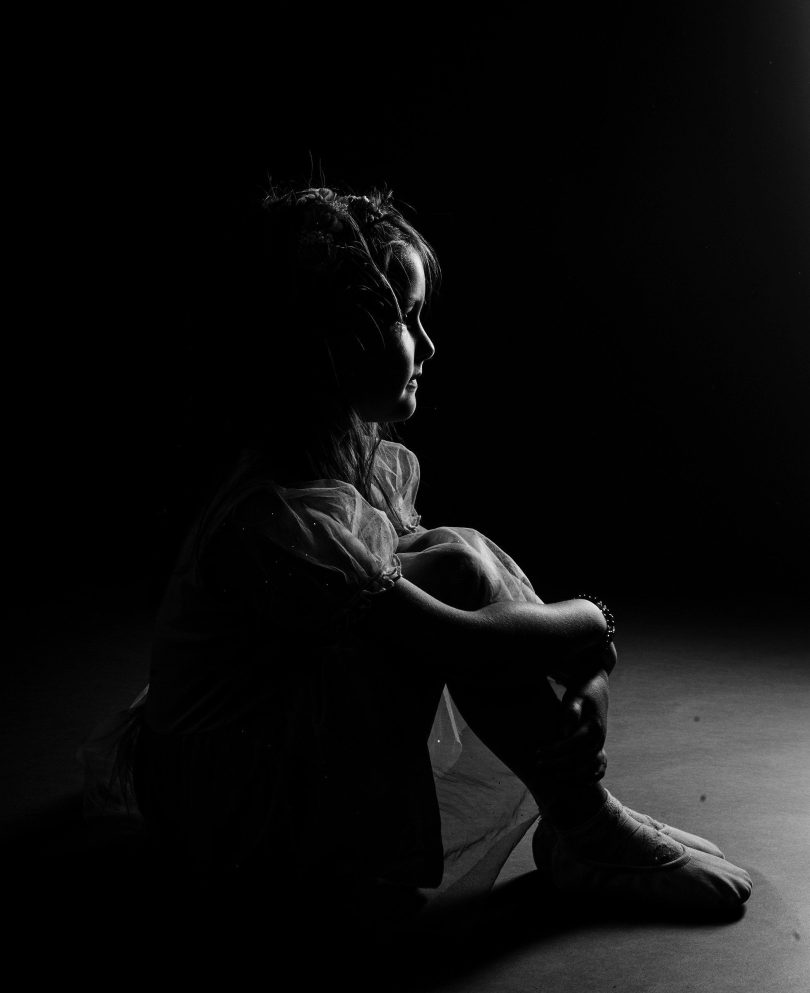Inquire Authentic Connection Through Emotional Intelligence
What is Natural Parenting?
- Natural parenting is to have the capacity to be authentic with your child while listening, following and guiding your child.
- Natural parenting follows the flow of a child’s needs, but not with the hard and unsustainable control.
- Natural Parenting means not to be (constantly) activated and reactive by child’s emotional bursts, but to hold space and give support
What Natural Parenting is Not!
- It is not without the boundaries
- It is not without discipline
- It is not without fights, screams, and confrontations
Essential Intent With Natural Parenting Approach
- Obtaining the correct perception of a child’s behaviour and understanding of his/her experience of the world.
- Changing the way of thinking:
From
“I have a problem with my child, what do I have to do so my child stops with this behaviour…”
To
“My child has a problem, how can I help him/her to develop the ability to deal with it or the ability to solve that problem”
How Can Integral Body Therapy Help?
- I will provide you with your unique understanding for your unconscious emotional demands
- You will get the awareness of experience of your early childhood period
- We will work on your ability for emotional connection and attachment
- We will work on your boundaries, emotional maturity, feeling of worth and worthlessness
This will give you a better understanding of yourself, but also capacity, understanding, feeling, and the ability to be the best parent for your child.
My Story
In my upbringing, Natural Parenting was a total stigma. My parents’ parents were similar, so naturally my parents used the same approach of control, blame, and shame. It was a milder form, but still very hurtful and harmful. I’m sure I’m not the only one to say that it felt strange, wrong, and unnatural. Unfortunately, that brought a lot of shields to my behaviour and a great deal of mysteriousness around my personal feelings.
Becoming a mother is the best thing that has ever happened to me. I am deeply grateful for this journey. Since I didn’t want to rely on my parents’ advice, I turned to books, but that gave me vast knowledge but also confusion. I started with a Natural Parenting course approximately 9 months into my motherhood, followed by an Early Development course, and then, subsequently, Personal Development. This gave me understanding of what happened to my neurobiological setup, which brought clarity to my ‘strange’ impulses. It gave me a great deal of understanding of my baby girl’s emotional needs, outbursts, and tantrums. It gave me an understanding of why I want to, but do not succeed in my intent to help my baby girl. No matter how much I would try, I would eventually fall back into my parents’ patterns.
There are many stories to tell, but one that always comes up is when my baby girl was about 2 years of age, the age of tantrums. Tantrums are ways for a child to express his/her emotional states. At that age, children are still learning about their inner drives and emotional disturbances that adults perceive as tantrums. They don’t know how to say ‘I am so mad because…’. This knowledge changed my world.
Working through my triggers that would come up during tantrum times changed my baby girl’s world, because I could hold space for her. Triggers, in us adults from childhood, are those implicit memories of personal childhood experiences: if our parents couldn’t handle our outbursts, our system cannot recognize patience towards our child’s outbursts, and we fall into the known (shouting, disciplining, controlling, shaming…).
By holding space for my baby girl while she would throw a tantrum, by recognising her pain, discomfort, and frustration, by authentically and calmly acknowledging my love towards her, her tantrums became shorter. Imagine if you were angry and someone told you to leave the room. How would you feel? Now imagine someone tells you “I feel your pain, I am here for you. I love you.” There is a huge difference between acceptance and rejection. There is a difference between love and (perceived) hate. It builds internal emotional intelligence and self-acceptance.
My baby girl’s tantrums at this time (sometimes) lasted 2.5 hours. The more I was okay, the more expressive she was, because I was not okay before, so now she had to give in, check in, and explore fully. After tantrums became shorter, and after some time (months), she gained emotional elasticity and now she moves in and out of any given emotion. She feels it, expresses it, gives time and space, and then comes out of it. It’s a beautiful dance of emotional intelligence and inner acceptance.
It still takes time and work, but acknowledging and taking ownership of wrongdoing or unconscious reactions changes the form. Willingness to hear and explore with curiosity removes the stigma and opens the door to my unique internal world. I don’t need books, but my internal compass, emotional intelligence, and the unique dance of emotional rising have begun. Grateful.
*Please be aware that this is just a small fraction of my personal story. There are many layers and the possibilities for the individual dive into the subject.
Main – Photo by Bruno Rosa Photography



